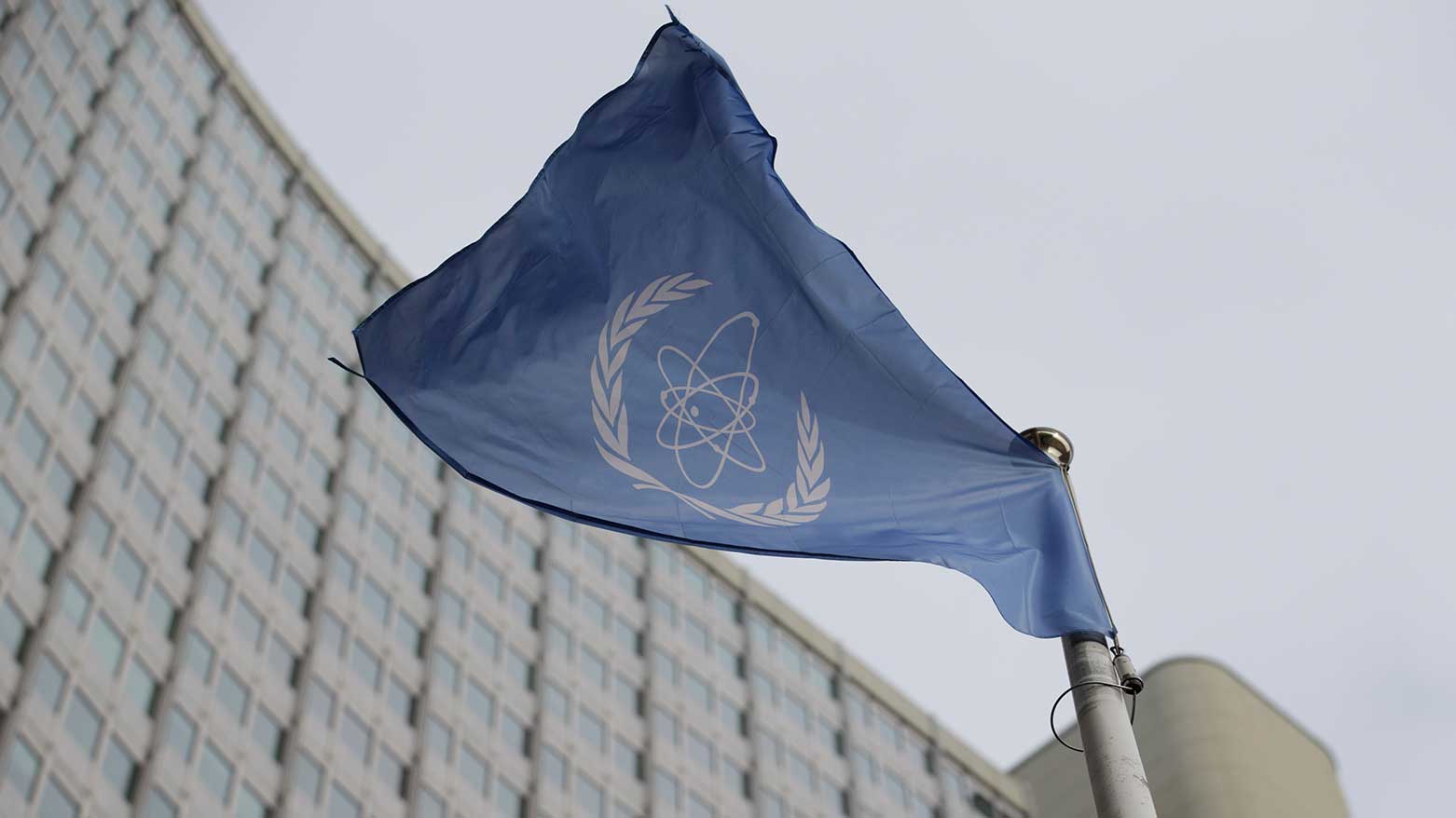Iran Faces Possible Snapback Sanctions as IAEA Pressure Mounts
The push at this week’s IAEA Board of Governors meeting could escalate tensions by bringing the matter to the United Nations Security Council. Without a renewed agreement between Tehran and Washington, Iran may face the reimposition of U.N. sanctions under the so-called “snapback” mechanism.

ERBIL (Kurdistan24) — Iran’s nuclear program is again at the center of international attention as Western nations prepare to censure Tehran over noncompliance with inspections by the International Atomic Energy Agency (IAEA), according to a report by the Associated Press (AP).
The push at this week’s IAEA Board of Governors meeting could escalate tensions by bringing the matter to the United Nations Security Council. Without a renewed agreement between Tehran and Washington, Iran may face the reimposition of U.N. sanctions under the so-called “snapback” mechanism — a clause in the 2015 nuclear deal allowing sanctions to be reinstated if Iran is found to be in violation.
The developments come amid heightened instability in the Middle East, particularly as Israel’s war with Hamas in the Gaza Strip and Iran-backed Houthis in Yemen continues. According to the AP, the IAEA is likely to play a crucial role in any future agreement, given its long-standing mandate as the U.N.'s nuclear watchdog.
Established in 1957 following a proposal by U.S. President Dwight D. Eisenhower, the Vienna-based IAEA monitors nuclear programs to ensure they are used for peaceful purposes. Its member states are grouped under different safeguard agreements, depending on their nuclear capabilities and treaty obligations.
The agency oversees comprehensive safeguards for non-nuclear weapons states and voluntary agreements for the original five nuclear-armed powers — the U.S., U.K., France, China, and Russia. Countries such as Israel, India, and Pakistan, which never signed the Nuclear Nonproliferation Treaty (NPT), fall under item-specific arrangements. North Korea, which withdrew from the NPT, remains a special case, the AP reports.
Iran’s 2015 nuclear deal with world powers limited uranium enrichment to 3.67% — well below the 90% needed for weapons-grade material — and restricted Iran’s stockpile and centrifuge use. The IAEA was tasked with enforcing compliance through enhanced monitoring and inspections.
However, the deal began to unravel in 2018 when U.S. President Donald Trump unilaterally withdrew the United States, criticizing the agreement for not addressing Iran’s missile program and regional activities. In response, Iran began expanding its nuclear activities, now enriching uranium up to 60% and building a stockpile sufficient for several nuclear weapons if it chose to proceed, according to the AP.
As part of the original agreement, Iran allowed the IAEA to install cameras and sensors at key nuclear sites, including its Natanz enrichment facility. Inspectors also collected environmental samples and analyzed satellite imagery to monitor compliance.
In recent years, Iran has curtailed access for inspectors, removed surveillance equipment, and withheld camera footage. According to the AP, Iran even accused one inspector of carrying explosive residue — an allegation the IAEA strongly denied.
Negotiations to restore full access have seen limited progress, and analysts view Iran’s partial cooperation as a strategic lever in talks with the West.
Iran and the United States have engaged in five rounds of indirect talks, mediated by Oman. Without a deal, Iran risks deeper economic turmoil and possible military confrontation. Israel and the U.S. have both signaled a readiness to take action if diplomacy fails. There are fears Tehran could fully sever ties with the IAEA, abandon the NPT, and rush toward a nuclear weapon.
Conversely, a tentative agreement could ease tensions and allow the IAEA to resume full inspections. While Gulf Arab nations now support renewed diplomacy, Israel remains a potential wildcard. The country has previously carried out strikes on nuclear sites in Iraq (1981) and Syria (2007), and conducted limited strikes in Iran last year.
As AP notes, any sustainable resolution will depend heavily on the IAEA’s ability to verify Iranian compliance — making the agency once again a pivotal actor in global nonproliferation efforts.
